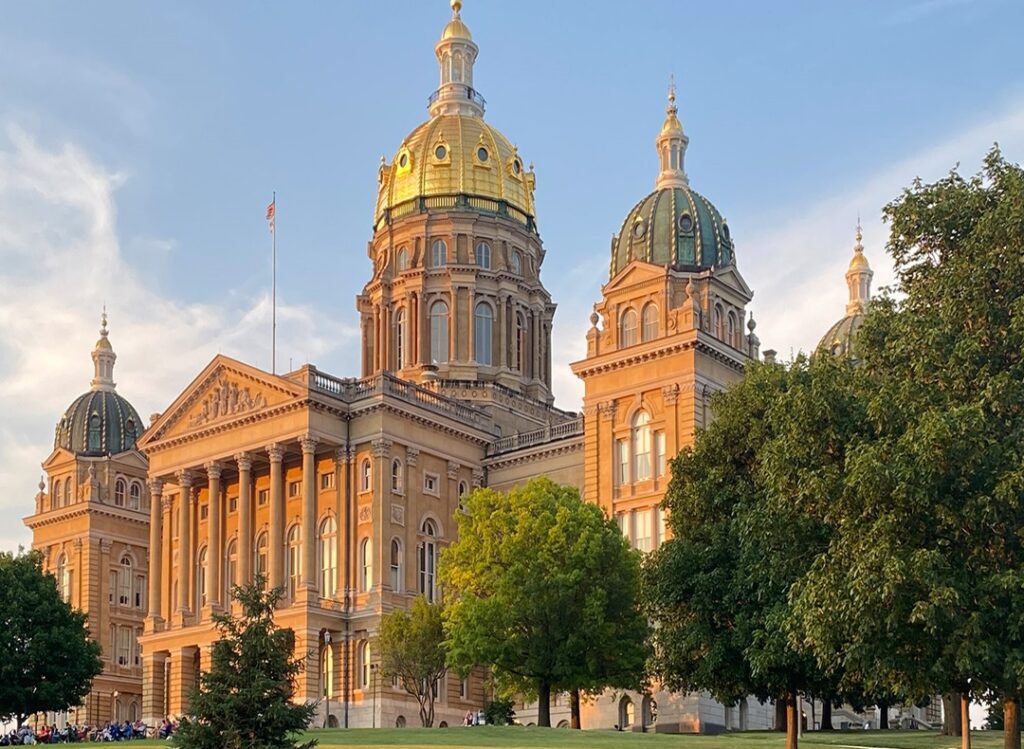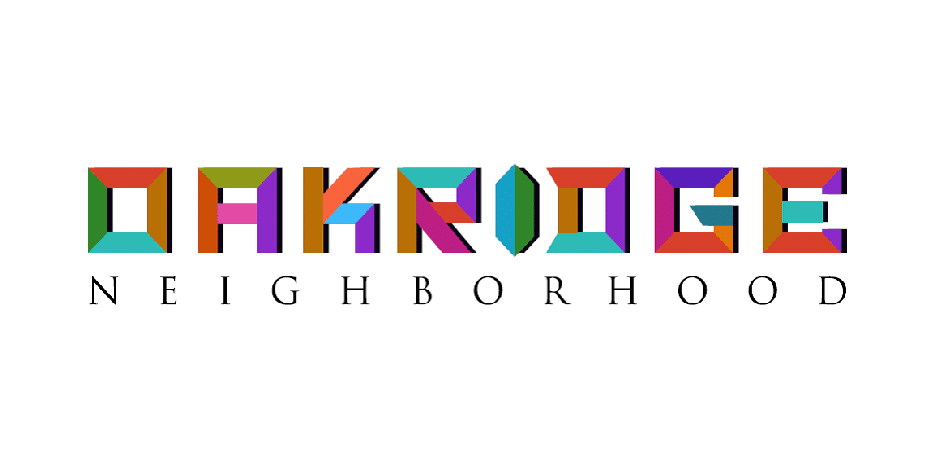Bravo releases new three-year strategic plan
Bravo’s new strategic plan to focus on storytelling, benefits of arts and culture for achieving regional priorities

MICHAEL CRUMB Oct 4, 2022 | 7:53 pm
5 min read time
1,244 wordsAll Latest News, Arts and Culture, Nonprofits and PhilanthropyBravo Greater Des Moines needs to do more to tell the story of how arts and culture touch every segment of the community, the organization’s executive director said as Bravo introduced its new three-year strategic plan on Monday.
Bravo Greater Des Moines is widely known for its grant-making mission using funds from hotel-motel tax revenue allocated by 17 local government partners. Through its role supporting the arts, cultural and heritage community, Bravo has now surpassed $50 million in grants awarded to lift up and support the nonprofit sector since Bravo was created in 2006.
In its first grant year, Bravo supported 33 organizations. This year, a record 88 organizations submitted applications for funding by Friday’s deadline.
While it will continue its leadership role in that work, the new strategic plan “commits to Bravo’’s evolution into a true regional arts council,” according to comments contained in the plan, which was released to the Business Record ahead of its official introduction on Monday.
Sally Dix, Bravo’s executive director, said a major component of achieving that goal is better articulating the role arts and culture play in connecting the different sectors of the community and in addressing how arts and culture can help the region achieve its goals.
“We know where we want to go, and arts and culture should be part of every single one of those priorities,” Dix said in comments made in advance of the plan’s release. “There’s nothing we want to do as a community that arts and culture can’t make better. There’s data that shows that everything we want to do can be made better with arts and culture.”
She said the new strategic plan “positions Bravo in a larger role to activate on that vision.”
One goal of Bravo’s is to better educate people on the contribution it makes in the region.
“Bravo is fairly well known, but is poorly understood,” Dix said. “People don’t really know about us and don’t really know the value that we’re contributing to in the community through the work that we do.”
That can be done by expanding Bravo’s relationships in the community and expanding its audiences to help it advance its objectives, Dix said.
That could include connecting corporate partners with new organizations and opportunities for community service and volunteering for their employees.
“We can connect them to the more than 80 organizations we support that all need board leadership or have volunteer opportunities,” Dix said. “Talent and attraction is a big deal for corporations, and if you’re thinking about moving here with your family, wouldn’t you like to know there are 85 cultural organizations you can participate in? That there are 11 local theater companies you might be able to engage with? We might be able to provide that information that they maybe just don’t have right now and expand the audience both for Bravo but also for all their employees and all of our cultural partners.”
In its strategic plan for fiscal years 2023-2025, Bravo’s priorities are to support, amplify, connect and cultivate.
Here’s what Dix had to say about each of those priorities: Her responses have been lightly edited and condensed for clarity.
Support: ”Support is Bravo’s bread and butter. That is what we were formed to do, and we have no intention of getting away from that. We’re going to continue, though, to evolve that work to make sure the investments we’re making on behalf of our government investors are really strategic. Are they advancing these regional objectives that we’ve identified as a region? We also need to consider expanding our investment programs. Not everyone in our community is engaging in arts and culture through traditional arts and cultural nonprofit organizations. There are places that are offering important cultural opportunities that have previously not had a pathway for support from Bravo, and we are looking at new ways to be able to welcome those groups in and make visible the cultural, heritage, artistic expression that they are lifting up for the community. As the community evolves, so have the places they look to for arts and culture.”
Amplify: “I was very inspired by Jessica Dunker during the pandemic and the work she did on behalf of the Iowa Restaurant Association. She was everywhere and she was speaking for the sector as a whole. That voice of that organization was so much more powerful as a collective than the voices of the individual restaurants. And while that was playing out, it was clear that that voice didn’t exist for our community for arts and culture. We believe there is value and power in that, and that being a collective voice is a unique space that Bravo holds. There are many organizations that have their own voices, and we hope they will continue to do that. But on behalf of the sector, there isn’t anyone that has quite as big of a platform as we do, and we should be leveraging that. There’s $185 million in economic impacts these organizations have contributed. We can tell that story in a way that a single organization may not be able to.”
Connect: “We believe we are in a trust-based relationship with [our partners] and we ask them what they need, and many of them have responded that they are lonely. Fifty percent of our organizations are unstaffed, they’re totally volunteer-run. They don’t know what best practices are. They don’t know how to put together a marketing campaign for a program they may be offering. They need to be working together but they don’t know each other because they’re just trying to keep the ship afloat. We want to provide some additional resources. We want to connect them and get them around a table and find out if there are common needs and if there are things we can do to support those common needs. If it’s just them discussing and feeling like they are part of a network, that’s a big value.”
Cultivate: “This is where we are looking future-forward. This is a three-year strategic plan, but probably a 15-year vision. We’re not going to be done with this by the end of fiscal year ’25. What we’re eager to do is make sure that we are continuing the momentum of this community to think big in the cultural sector and anticipate what we’re going to need 10, 15, 20 years down the road, and then leverage all those other tools, the support, the amplify, the connect to help bring some of those things to life. For example, I think there’s an opportunity with the downtown redevelopment, the Future Forward Plan. How can we make sure while that plan is being developed that arts and culture are deeply and thoughtfully integrated into that?”
Michael Egel, general and artistic director for the Des Moines Metro Opera, sits on the Bravo board and was involved in writing the new strategic plan.
The new plan underscores Bravo’s role as a key convener and voice of leadership for the arts and culture sector, but also underscores the role Bravo can play in advancing regional priorities, Egel said.
“At Des Moines Metro Opera we believe arts and culture are key to a vibrant, thriving economic region, and Bravo touches just about every priority our region has, from education, mental health, workforce retention and attraction and advancing conversations about diversity, equity and inclusion,” he said. “Storytelling is often the best way to understand complex issues, and that’s what the arts do.”










